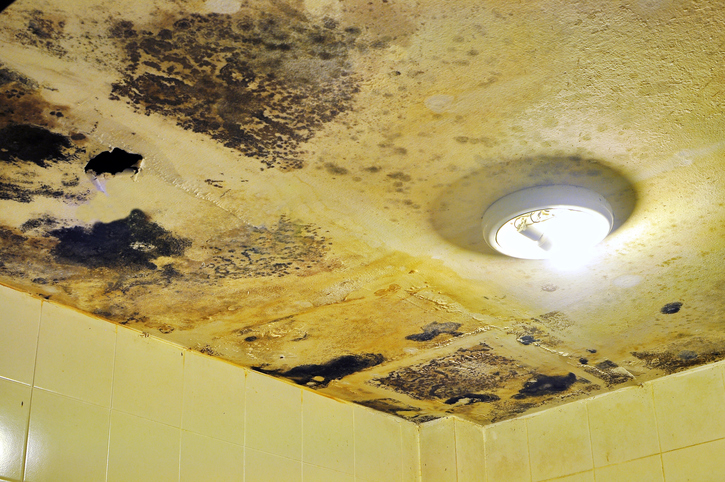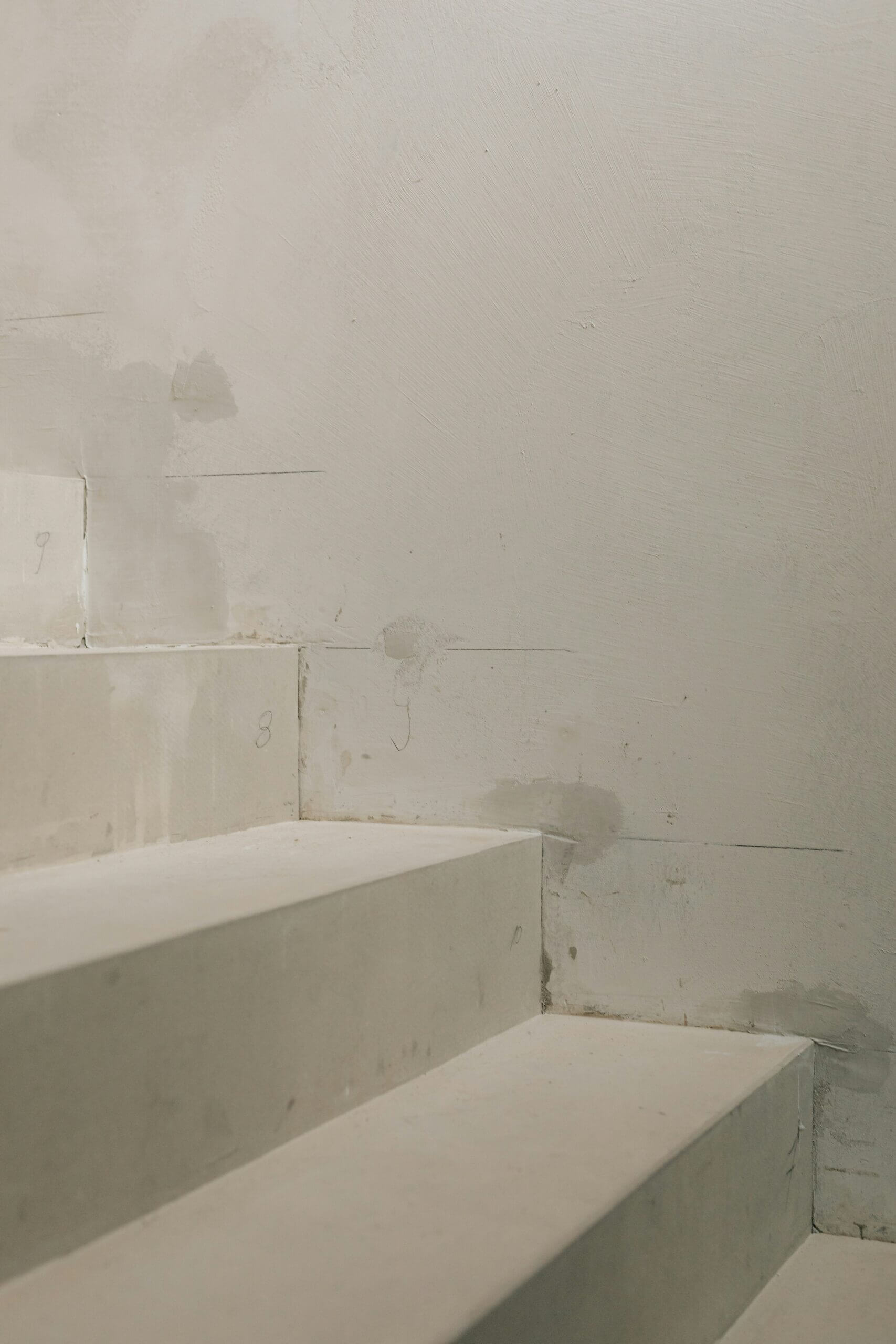Sewage Backup? Here’s How To Find Help From Local Cleanup Pros
A sewage backup in your home isn’t just gross, it’s dangerous. Sewage water carries harmful bacteria, can destroy walls and flooring, and leaves behind foul odors that are hard to remove. Whether it’s a clogged drain, burst pipe, or septic system problem, getting help fast is the key to keeping your family safe and your home intact.
Here’s what to look for when choosing a local sewage cleanup and restoration company in Springfield, GA:
- 24/7 Emergency Service: Sewage problems need fast cleanup. Look for companies in your area that offer round-the-clock help.
- Certified Technicians: Make sure the team is certified by the Institute of Inspection, Cleaning, and Restoration Certification (IICRC).
- Full-Service Cleanup: The best companies remove waste, dry out your home, sanitize the space, and handle repairs.
- Positive Reviews: Read ratings and customer feedback to make sure others near you had good experiences.
- Insurance Support: A good provider will work directly with your insurance company to simplify the claims process.
What Is the Cost of Sewage Cleanup Near Me?
In 2025, the national average cost for sewage cleanup ranges from $2,000 to $10,000, with most homeowners spending around $3,000 to $5,000. The price depends on the level of contamination and the size of the affected area.
Here are some key cost factors:
- Type of Water Contamination: Clean water is less expensive to clean than black water, which contains sewage and dangerous bacteria.
- Size of the Damage: A small bathroom cleanup costs less than a basement filled with sewage.
- Where the Damage Happened: Cleanup in an unfinished area is cheaper than in a finished living space with flooring and drywall to replace.
- Sanitation Needs: Heavily contaminated areas require more advanced cleaning tools and materials.
- Insurance Coverage: Your policy may cover some or all of the costs, but it depends on the type of damage and your coverage limits.
Here’s a quick cost breakdown:
| Type of Damage | Average Cost Range |
| Clean Water | $1,500 to $4,000 |
| Gray Water | $3,000 to $7,000 |
| Black Water (sewage) | $5,000 to $10,000+ |
What Happens During the Sewage Restoration Process?
Here’s what to expect when you hire a local sewage cleanup service:
- Damage Assessment: A technician inspects your home and identifies all the affected areas.
- Waste Removal: They use pumps and tools to safely remove all contaminated water and sewage.
- Sanitizing: The team cleans and disinfects every affected surface with EPA-approved products.
- Drying and Dehumidifying: Powerful dryers and dehumidifiers eliminate moisture to prevent mold.
- Repairs and Restoration: Damaged drywall, flooring, and plumbing are repaired or replaced.
Can I Clean Up Sewage Damage Myself?
If the water is clean and the damage is small, you might handle it yourself with gloves and disinfectant. But if the water smells bad, is cloudy, or came from a toilet or sewer line, call a professional. Black water carries dangerous germs, and trying to clean it without proper gear can put your health at risk.
Why Is Professional Sewage Cleanup So Important?
Professional sewage restoration companies use tools and protective gear most homeowners don’t have. They follow safety rules and use industrial-grade cleaners to make sure your home is safe again. This is especially important when dealing with black water or mold risks.
Preventing Future Sewage Backups
You can lower your risk of sewage damage with these simple steps:
- Keep Drains and Pipes Clear: Don’t flush non-flushable items, and avoid pouring grease or food waste down the sink.
- Install Backwater Valves: These devices stop sewage from flowing backward into your home during floods or sewer clogs.
- Maintain Your Septic System: Pump it regularly to prevent overflow.
- Check for Leaks or Corrosion: Inspect your plumbing each season and fix issues right away.
What To Do if You Have a Sewage Backup
If a backup happens:
- Shut Off Water: Stop using sinks, toilets, or showers.
- Stay Safe: Avoid contact with contaminated water and leave the area.
- Call a Local Pro: Search for sewage cleanup services in Springfield, GA to get emergency help fast.



